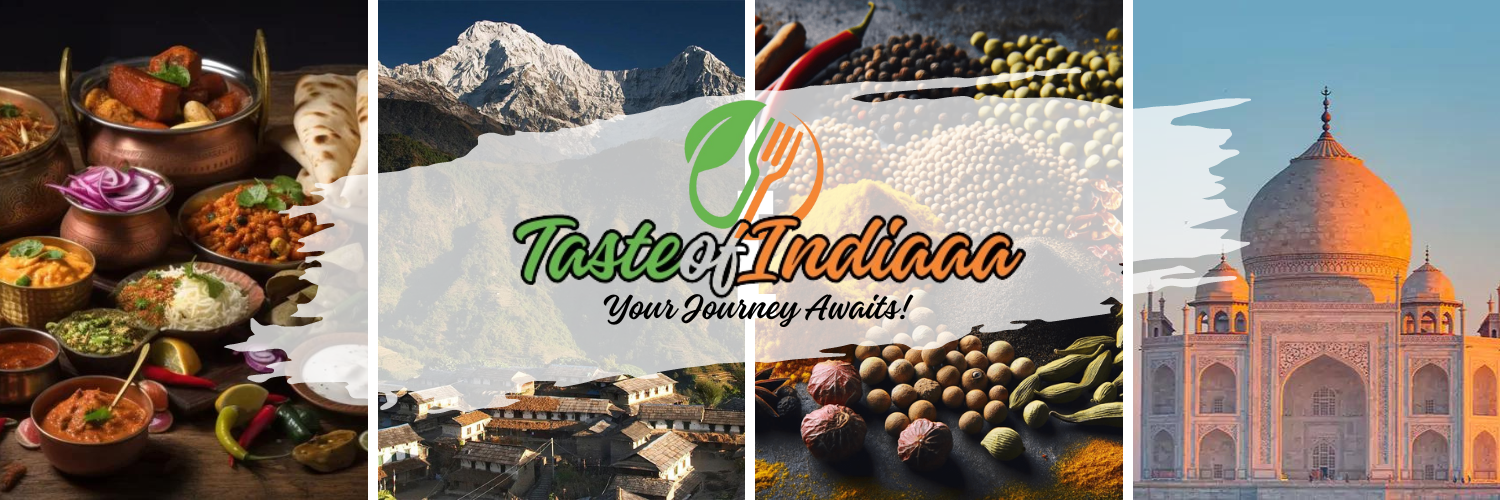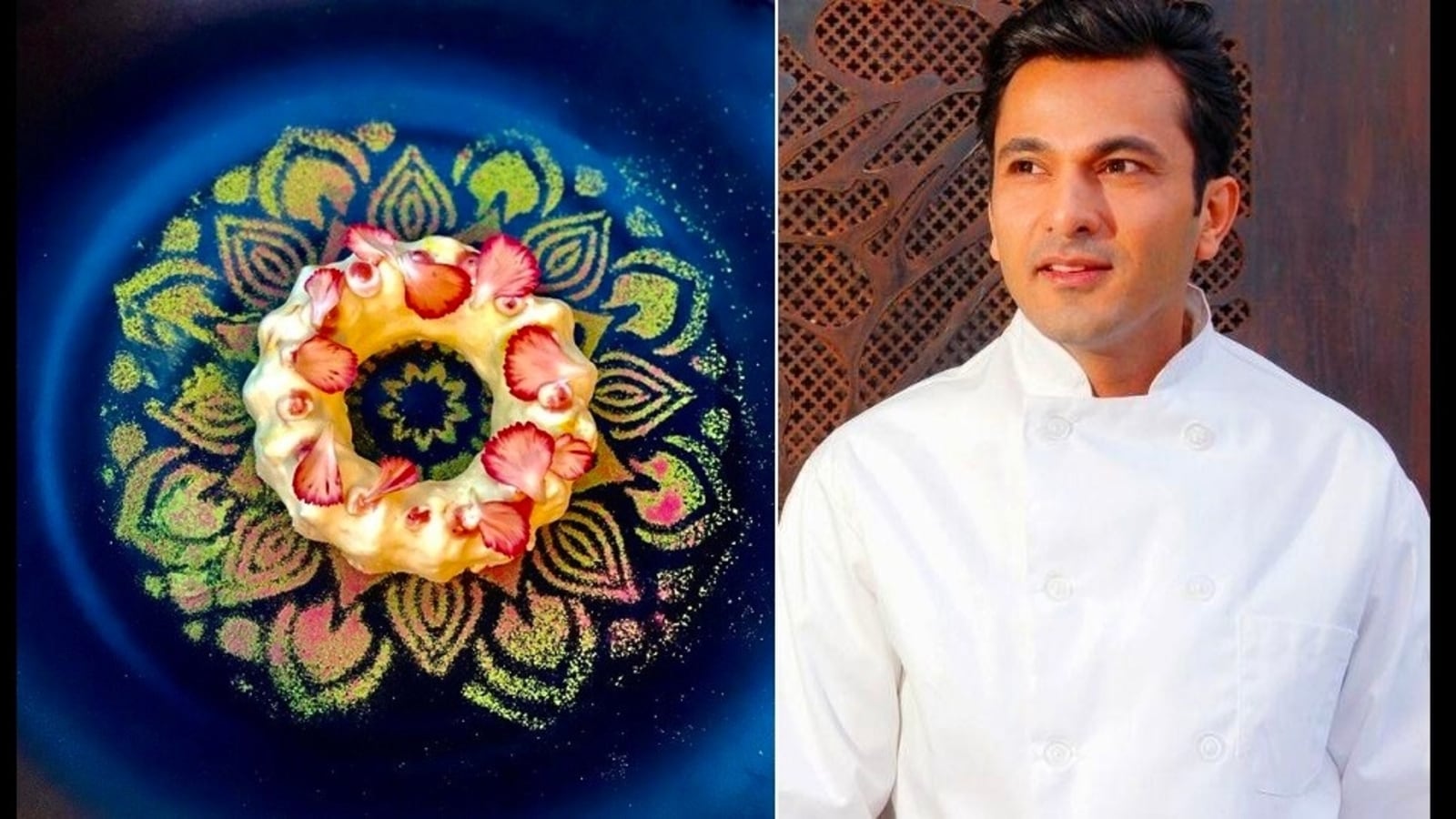Vikas Khanna walks into Delhi’s National Crafts Museum, bypassing the door and guiding you straight into the cafe, a haven from the blistering 35-degree Celsius heat. Khanna’s rise from Amritsar’s langar kitchens to global culinary success, catering to luminaries such as the Obamas and the Dalai Lama, is nothing short of inspiring, as evidenced by his Michelin-starred restaurant Junoon in New York. This blog post goes into Vikas Khanna’s life and culinary progress, a chef whose straightforward approach to cuisine reflects his humble beginnings.
The Early Years: A Club Foot and Kitchen Initiation
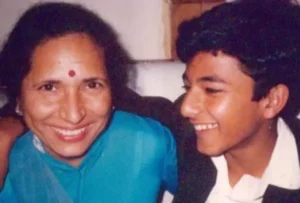
Khanna’s culinary career began in his grandmother’s kitchen, where he sought refuge from the difficulties caused by his club foot, which he was born with. Despite having wooden shoes until his teens, he found solace in cooking with his biji’s help. The langar visits and Biji’s steadfast support marked the beginning of Khanna’s lifelong relationship with the kitchen.
From Chhole-Bhature to Tandoor Dreams:
At the age of 17, Khanna purchased his first tandoor and launched Lawrence Gardens in his garden, armed with Rs 15,000 from sweater sales and his business zeal. Despite early setbacks, he relished the excitement of starting a business from scratch. The path from producing chhole-bhature with his mother to establishing a profitable tandoor business laid the groundwork for Khanna’s future pursuits.
Turning Point: A Midnight Buffet in Delhi

Khanna’s life took an unexpected turn when his uncle introduced him to the world outside his tandoor with a midnight feast at ITC’s Maurya Sheraton in Delhi. This experience sparked a desire for culinary excellence much beyond his small-town upbringing. Khanna was encouraged by his uncle to seek a degree in hospitality management from Manipal, Karnataka, despite language obstacles and initial setbacks.
Struggles in the Big City:
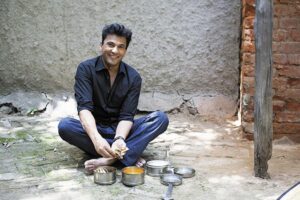
Khanna’s lack of English proficiency became a challenge during his undergraduate years, but his love of cuisine spoke louder. His resolve to achieve led to his admittance, which signaled the start of a culinary education that stretched beyond traditional boundaries. His culinary twist in college revealed a hint of the inventiveness that would eventually define his cooking approach.
The American Dream: From Dishwasher to Executive Chef
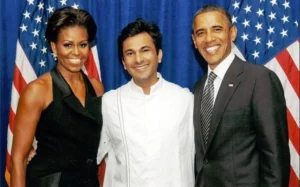
In search of a global stage, Khanna arrived in the United States on December 2, 2000. Despite adversity, strange employment, and even a period in a homeless shelter, he persisted. The turning point came when he prepared dhokla for a yacht party, which earned him the position of executive chef at Salaam Bombay. This was the start of his rise in the culinary world.
Television Stardom: From Embarrassing English to Celebrity Chef
Khanna’s debut on television in 2007 opened her new opportunities. Despite initial language difficulties, he immediately became a fan favorite, attracting audiences with his friendly demeanor. TV appearances on series such as MasterChef Australia and Kitchen Nightmares propelled him to international recognition. His transformation from Tandoor Palace owner to television personality demonstrated his versatility and charisma.
Junoon and Michelin Stars: Redefining Indian Cuisine

Khanna took over Junoon in New York in 2010, with the goal of redefining Indian food around the world. Within ten months, Junoon received its first Michelin star, ushering in a culinary history. Khanna credits this success to the combined effort of parents who sacrificed for their children’s education.
Culinary Diplomacy: Cooking for Presidents and the White House
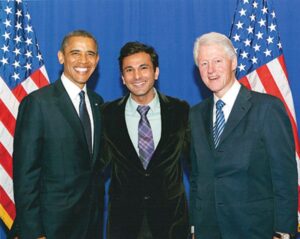
Khanna’s culinary prowess extended to the political realm, where he cooked for the White House and President Obama. His charitable initiatives, which included selling Indian food at a charity dinner, demonstrated his dedication to expanding the profile of Indian cuisine around the world.
Conclusion:
Vikas Khanna’s culinary path demonstrates his tenacity, ingenuity, and dedication to promoting Indian cuisine on a global scale. Khanna’s journey from childhood difficulties to Michelin-starred success is one of triumph over adversity and celebration of food’s unifying power. As Khanna continues to innovate Indian cuisine, his impact extends outside the kitchen, influencing young chefs and food fans all around the world.
Read Also: Spice Soiree: 20 Years Of India’s Culinary Tapestry
Read Also: 13 Must Have Indian Traditional Kitchen Tools
Learn More about the vast Indian Foods here: TASTEOFINDIAAA…
